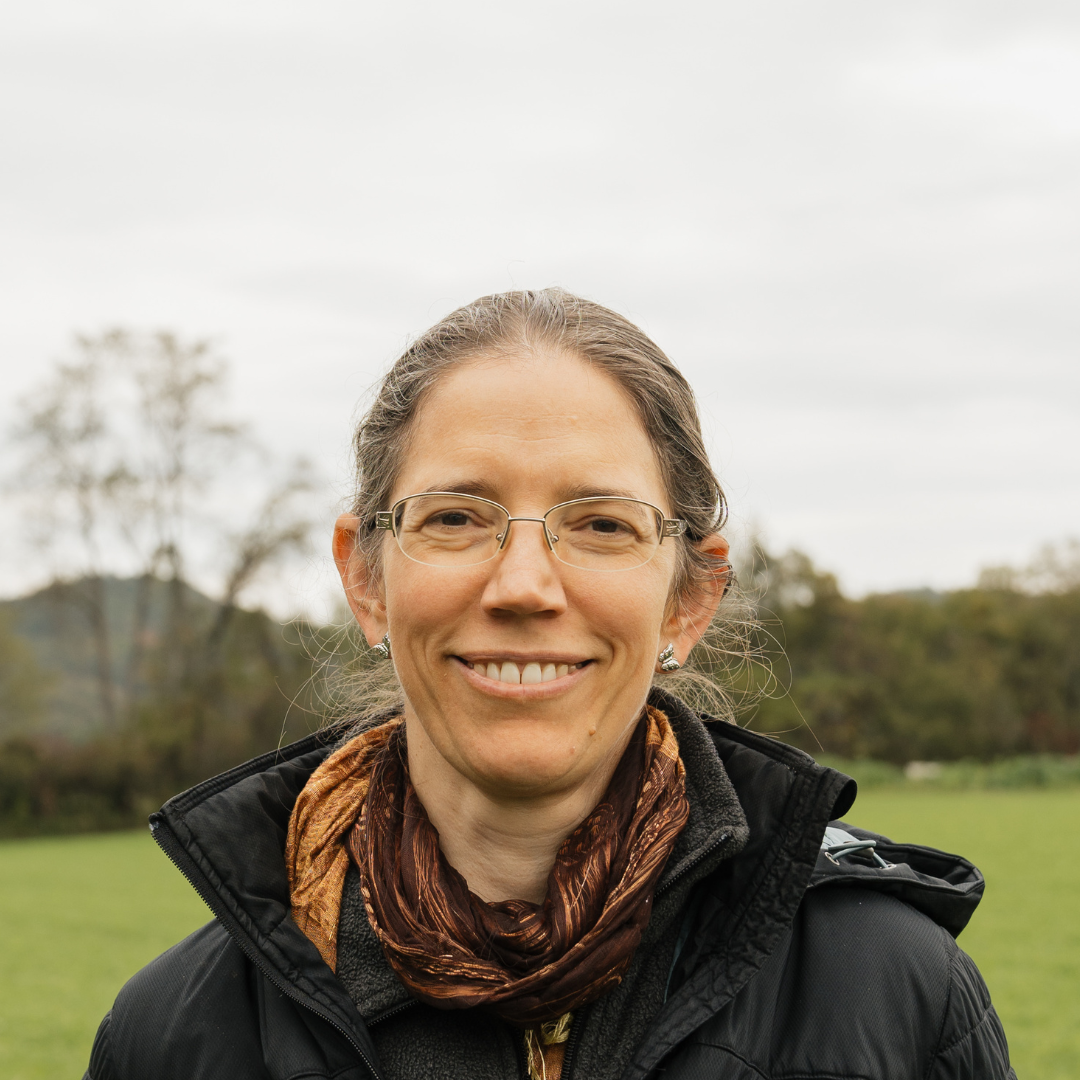Project Description
There is no one silver bullet for building soil health and adapting to and mitigating extreme weather, but biochar can be a powerful tool in the Soil Health Toolbox. Biochar is a material added to soil to increase its carbon content and enhance fertility. It has significant yet unrealized potential. It not only adds carbon directly but also stabilizes the soil’s carbon pool for longer-term storage. As a result, biochar can improve soil health management systems, reduce greenhouse gas emissions, and build more resilient agroecosystems.
Breaking Down Barriers to Biochar Adoption on Farms from Coast to Coast, funded through a USDA-NRCS On-Farm Trials Conservation Innovation Grant, will leverage American Farmland Trust’s (AFT) regional on-the-ground programs, including our cover crop demonstration trials, and connections to farmers and implementation partners. It will engage the organization’s interdisciplinary national team and national partners to break down regional and national barriers to biochar and soil carbon amendment applications, particularly when integrated into the context of broader soil health management systems transitions across the country. These systems include decreasing tillage, increasing cover cropping, and optimizing nutrient management, among other practices.
AFT will coordinate across the agricultural and biochar production industry and facilitate access to financial and technical assistance, improved decision support tools, peer-to-peer networks, and source market connections in the efforts to expand biochar availability and usage.
AFT will assess the impact of biochar-based amendments on soil organic carbon and soil health, economics, and social outcomes through demonstration trials that will be focused on diverse production systems in eight states: Washington, California, Nebraska, Illinois, Kentucky, Virginia, New York, Connecticut, Massachusetts, and Maine. Participants working in these diverse production systems will address three to six of the NRCS Soil Health Demonstration Trial sub-priorities in their on-farm trials, including high-disturbance crop challenges and regional limitations such as soil water dynamics, nutrient adaptation, and diversification. Operations transitioning to or already addressing all soil health principles—minimizing disturbance, maximizing cover, maximizing biodiversity, and maximizing living roots—will be better positioned to tackle regional challenges to integrate biochar and biochar/compost applications. This approach aims to more deliberately sequester soil carbon, improve resilient soil functioning, and adapt to and mitigate climate change.

















